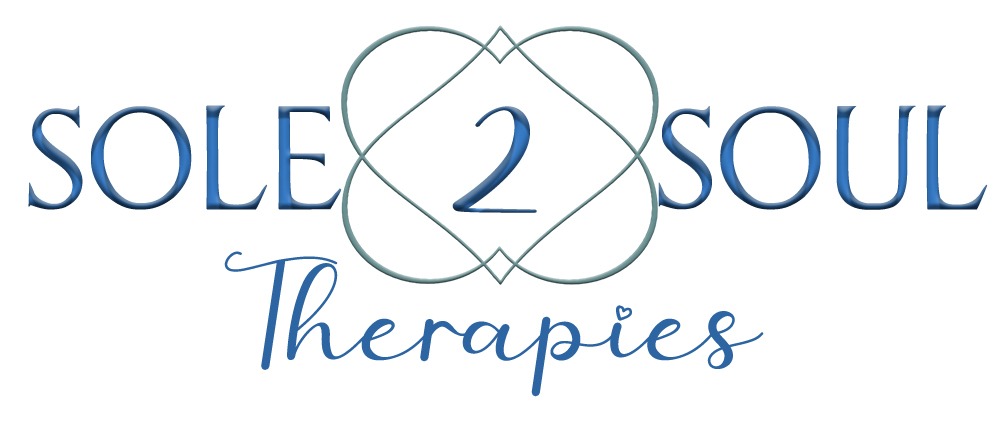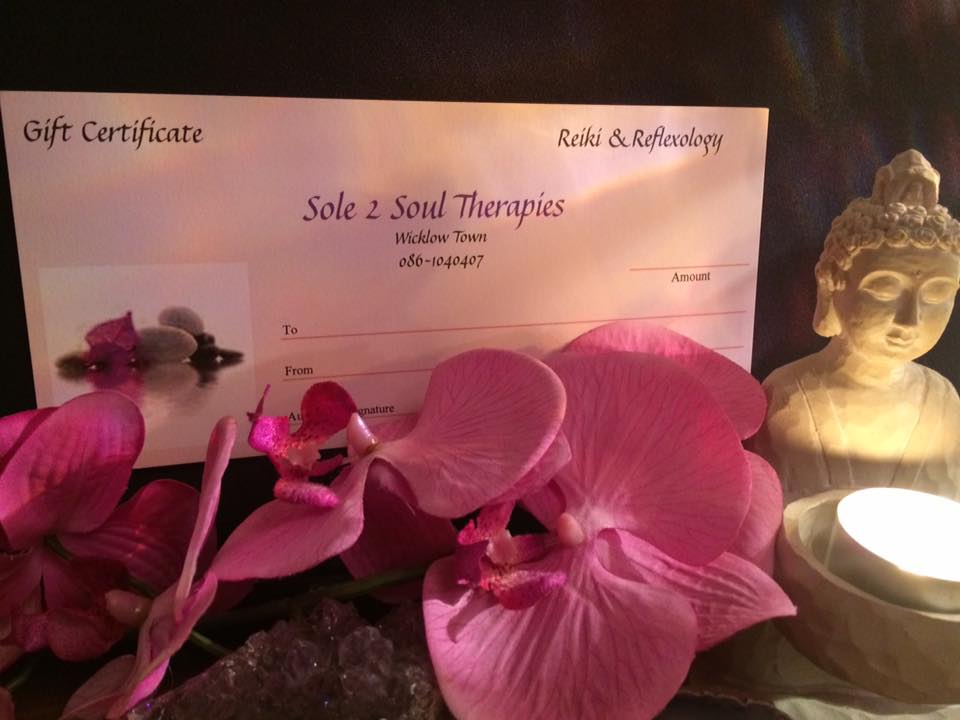
Busting the myths about hypnotherapy and hypnosis
“So, what therapies do you do?”
“What would you recommend for my anxiety or my stress?”
“Can you help me make healthier life choices?”
These are just some of the questions I am asked on a regular basis. I love people asking questions and it’s even better when they ask questions that are about their issues or their health. I believe we all want to live healthier and eliminate the habits or the behaviours that are damaging to us mentally or physically. The interesting part is the reaction of some when I suggest Reflexology, Massage etc nothing new there but then if I suggest hypnosis.
There has been a mish mash of strange looks and comments. “Oh no way are you going to control my mind” “Eh I would be afraid of what I would say or do” “ I don’t do Woo Woo”….. blah blah blah……… It is interesting how our fears and perceptions can act as a filter and close our minds or make us suspicious of things we do not know about. That being said, healthy suspicions can be beneficial. However, most inaccurate perceptions of hypnosis have been formulated from stage and entertainment shows. This is not real. This is designed for effect, and they all use clever sleight of hand, distraction and word play. Yes, arguably it is Hypnosis but all Hypnosis is Self-Hypnosis. So, once I explain what Hypnosis is and what it is not, they are immediately intrigued, and the mystery or fear is eliminated.
Hypnosis is safe and it is a wonderful and effective way to help with all kinds of issues. It is all about learning to trust and use your amazing imagination. After all, what is real and what is imagined? If you imagine someone breaking into your house because you hear the pipes cool down your body response can send you into Flight, Fight or Freeze…. Therefore, imagine doing the opposite. Imagine the opposite and feeling totally safe, calm and relaxed. Well, you can of course.
Time to Bust the Myths and allow yourself to become informed.
1. Can you get ‘stuck’ in trance?
This is the number one question I am asked! There is a persistent myth that you can get ‘stuck’ in a hypnotic state/trance or lose your willpower or control. ‘Stage hypnosis’ and misrepresentation in the media unfortunately contribute to this idea. There could be possible risks with people in hypnosis who are under the influence of drugs, medicated, mental health issues and for that reason all clients are screened, and a detailed history intake is performed. My main objective is for you, the client, to feel safe and I explain the process in great detail and answer any concerns. So, the closest you will feel to being stuck is similar to when you daydream and you know someone is coming towards you or they ask you a question and you say to yourself “No I don’t want to leave this state…. Just a little longer” Or when enjoying a meditation audio and you are instructed to wriggle your fingers and toes towards the end……just simply a feeling of deep relaxation and calm that you are enjoying and want to enjoy a little longer.
2. I am afraid I won’t be in control
Similarly, I am asked can you make me quack like a duck?
Well yes…. If you Want to quack like a duck you will quack like a duck. Hence entertainment hypnosis can prove this. The participants are generally acting or they genuinely want to be the centre of attention so will take the suggestion to quack because they want to! Therefore, you cannot do anything in hypnosis that goes against your values or anything you do not want to do. Stage hypnosis and media have promoted hypnosis in this light, and it has created an unnecessary fear. In Hypnotherapy the therapist is present to elicit the state which you want to change and to work towards a better beneficial state which you do want. Entertainment is not conducive to this and has no place in it. You are always in control of your mind. The therapist cannot do this.
3. Is all hypnosis the same as stage hypnosis?
This links into the above, and the answer is no. Stage hypnosis is a specific environment, and the emphasis is entertainment.
Every stage hypnosis performance involves a selection process, where they test for ‘hypnotisability.’ The factor that determines whether a person is ‘easily influenced’ is nothing more than their willingness. Before the show starts there is often a person going around selling tickets or doing a draw, sometimes a survey can be conducted, and this can often pinpoint suitable candidates for the show depending on their willingness and compliance
At stage hypnosis shows, crowds of people often run onto the stage to volunteer. It is their own internal permission, curiosity and excitement that drives their participation. The stage hypnotist can weed out those who run up planning to prove that it won’t work on them!
The people who do extraordinary or mad things onstage do so because they want the experience. The atmosphere is contagious, and their inner voice says ‘yes’. There can even be a desire to shed some of the behavioural restriction’s society places upon them.
This means that in the therapy room, you cannot be hypnotised to do something you do not want to do or something that goes against your morals. You will only take in the suggestions you want and let anything else just pass by. You are in control!
4. What do hypnotherapy and stage hypnosis have in common?
Stage hypnosis is a pure example of how the mind responded to something that we want. On the stage the person clearly wants to be the entertainment. For whatever reason, this is possible as the person hears a suggestion it wants and responds to it.
For example, when someone submerges their body in ice water under hypnosis. This is a genuine representation of how powerful the human mind is. We can delve into an experience or out of it, by controlling our focus. Our mind is what interprets pain receptors after all!
Hypnosis is a tool that brings about a varied but natural state of attention and focus. When you remove the old restrictions and manage your focus, you can truly surprise yourself. This is the whole premise of hypnotherapy, or hypnosis as a therapeutic tool.
5. Do you use a pendulum or spiral?
I do not use these, but you will still find practitioners who use these more traditional means of helping clients enter a trance state. It is not necessary to use props. As mentioned, trance is a normal state – though it varies in nature, each of us will likely experience several forms of trance on any given day.
So well-chosen words do the job beautifully. It’s a quite simple process. You just need to be comfortable, with your neck supported. You might take a few deep, cleansing breaths. You already know how to do this; you have done it many times before. This is your state, your trance. You could go there even now if you choose, could you not?
6. If you can’t relax you can’t go into trance
This is untrue. We go in and out of trance numerous times a day ourselves and all hypnosis is self-hypnosis. We are not always relaxed when we do this, isn’t that right? Hypnosis has nothing to do with relaxation. Sometimes the more relaxed we are the more we can go into trance and the easier we accept the suggestions.
Keep it simple.

